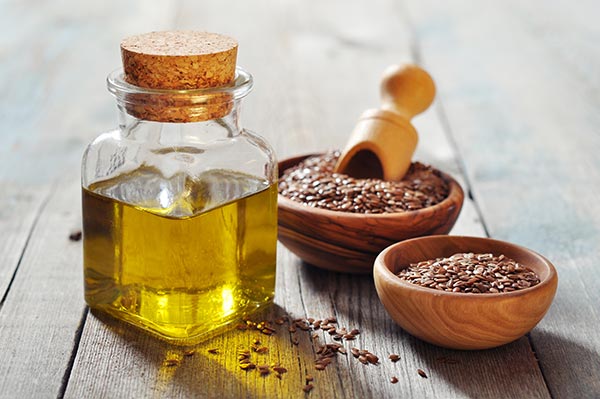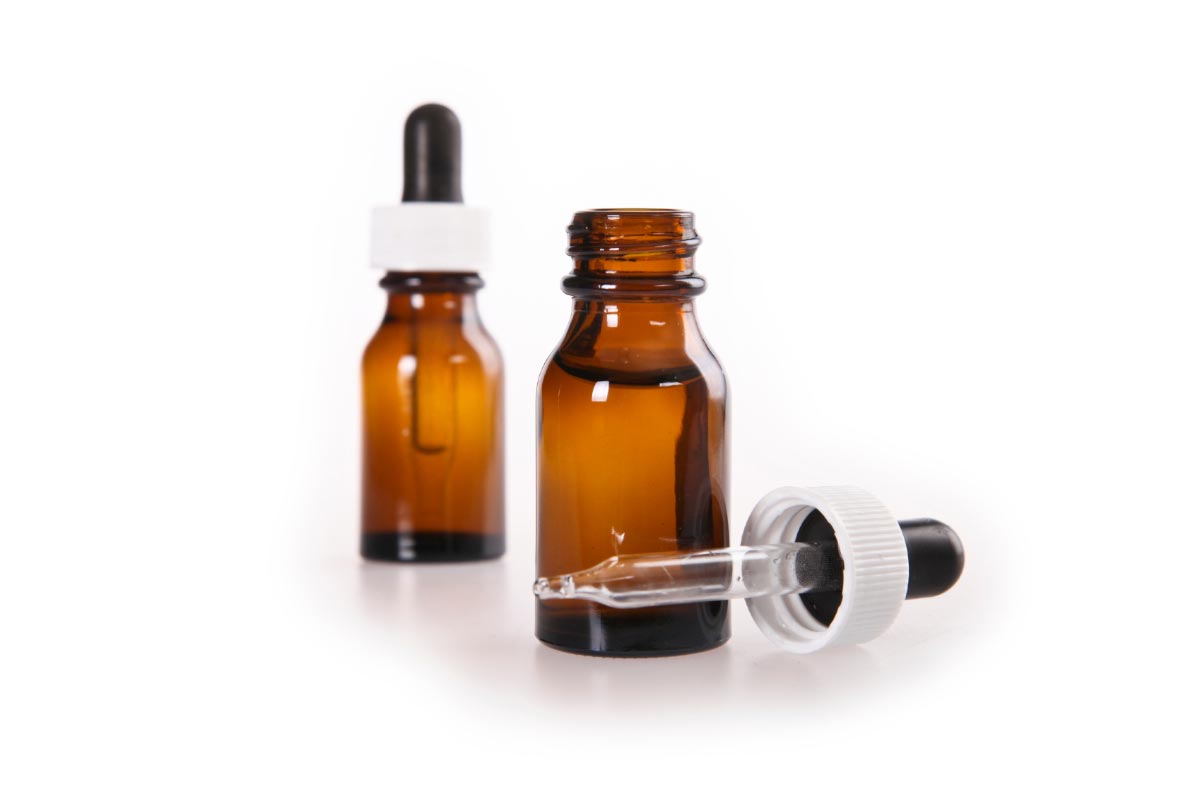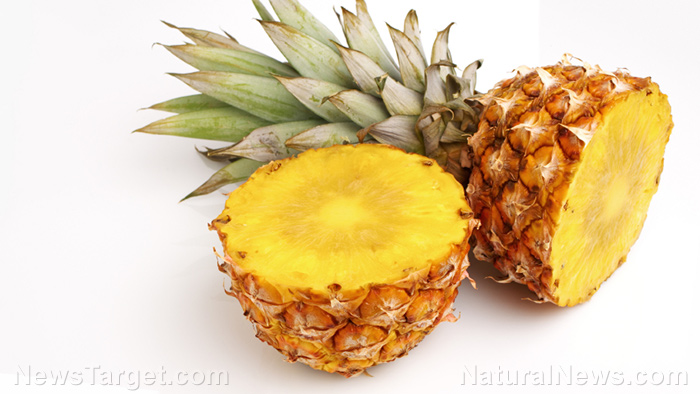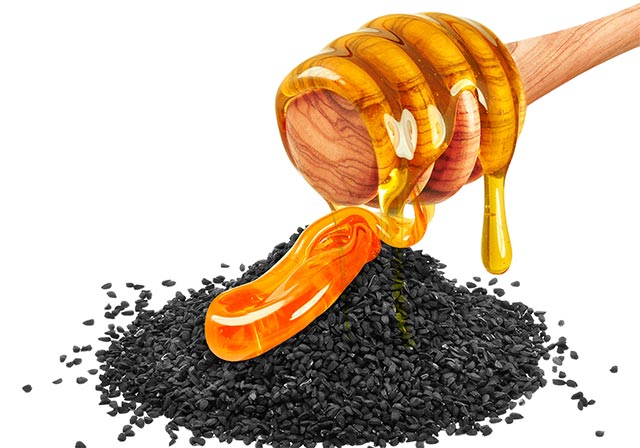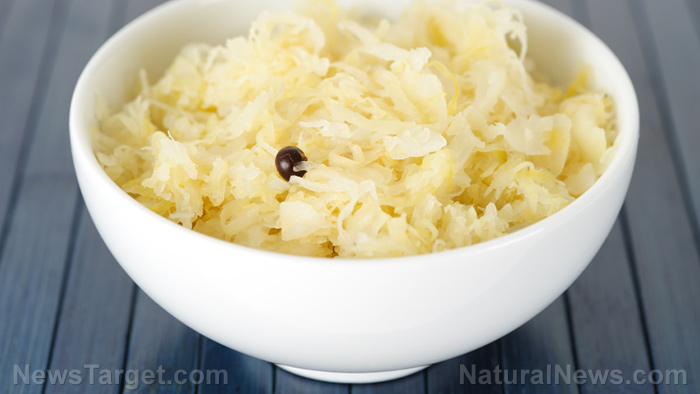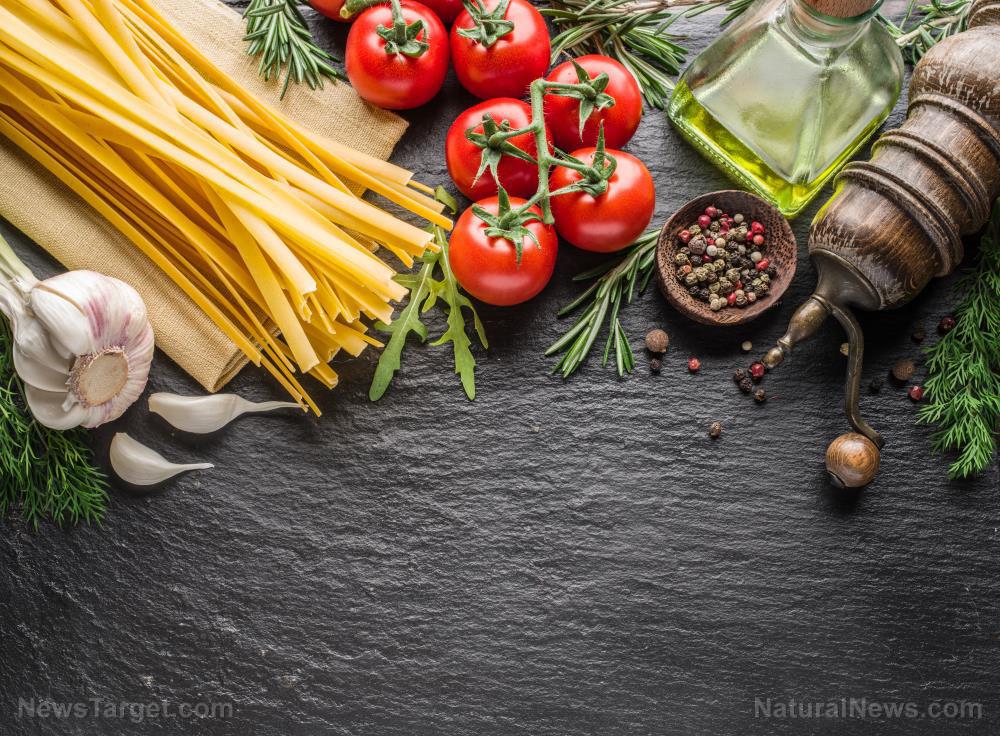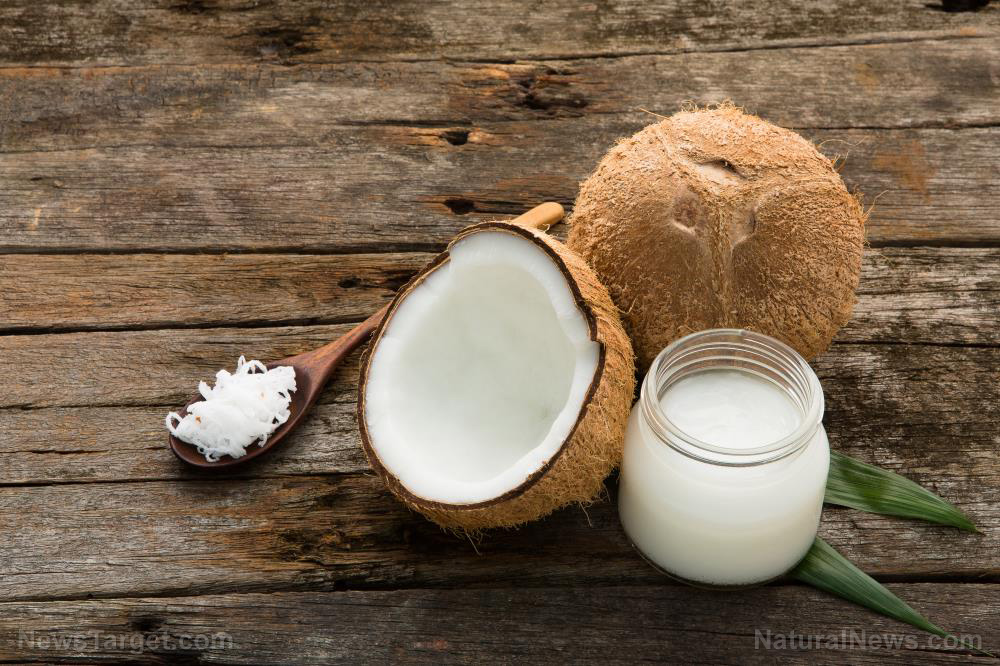Compounds in broccoli sprouts can help fight gastritis and stomach ulcers: Study
01/24/2020 / By Michael Alexander
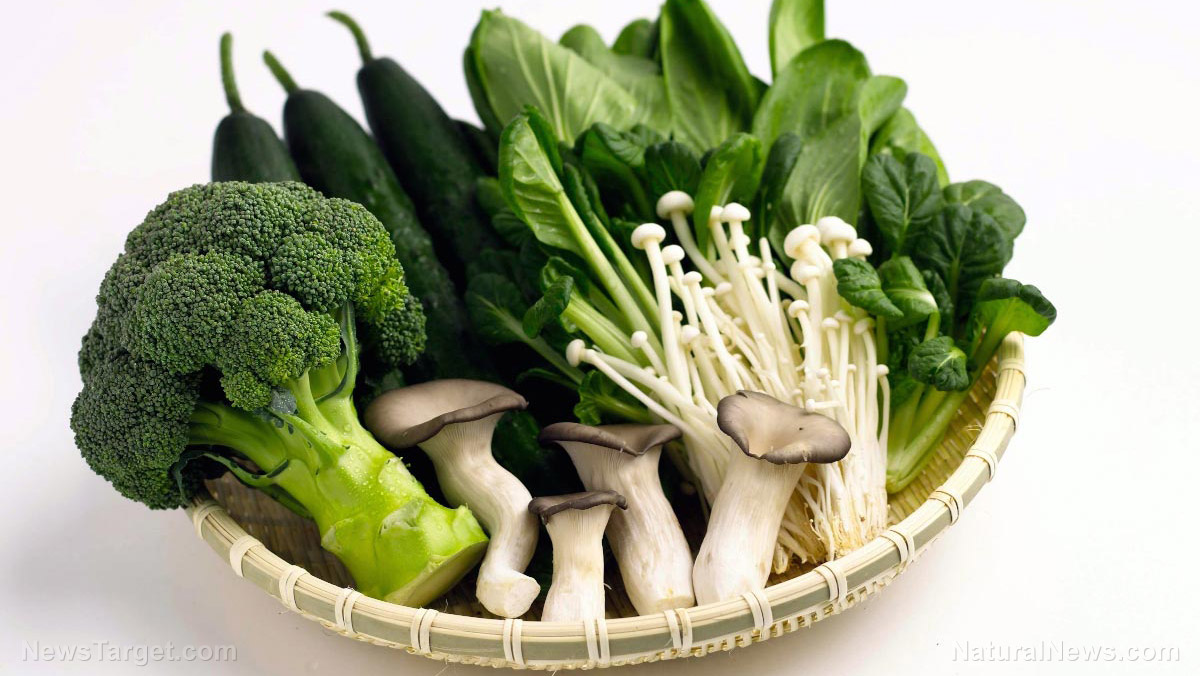
Broccoli (Brassica oleracea) by itself is already chock-full of vitamins and minerals. In fact, this humble vegetable — a member of the cabbage family and a staple in many American households — is so nutrient-dense, it actually provides a little bit of almost every nutrient your body needs. Plus, it doesn’t hurt that it’s quite tasty, too.
However, did you know that there’s a form of broccoli that’s even richer in vitamins and minerals?
Broccoli sprouts, which are the earliest form of broccoli before it forms its thick stalks and recognizable florets, closely resemble alfalfa sprouts, and are typically picked when they are only three to five days old. Despite being an alfalfa lookalike, broccoli sprouts don’t have the former’s mild and nutty flavor. Instead, they’re slightly more earthy and peppery — making them the perfect addition to many dishes.
Where they shine best, however, is in their nutrient content.
Broccoli sprouts: A cancer buster?
Not only are broccoli sprouts rich in essential nutrients like vitamin K, vitamin C, protein, potassium, iron, manganese, folate and dietary fiber, they also contain important health-boosting compounds and phytochemicals, such as indole-3-carbinol, carotenoids, kaempferol and quercetin. Its most powerful compound though, is glucoraphanin, a glucosinolate compound which, when broken down, produces sulforaphane (SFN).
This sulfur-rich compound commonly found in cruciferous vegetables such as cabbage, bok choy, mustard greens, Brussels sprouts, cauliflower and yes, broccoli, is noted for its many health benefits — one of which is the prevention of stomach cancer.
According to a study published in the journal Current Pharmaceutical Design, sulforaphane has the ability to protect the stomach and gut against gastritis, or inflammation in the stomach lining, which, if left untreated, can develop into ulcers and thus increase one’s risk for stomach cancer. There are two main causes of gastritis: infections stemming from the bacteria Helicobacter pylori, and side effects of non-steroidal anti-inflammatory drugs (NSAIDs).
Researcher Akinori Yanaka, from the University of Tsukuba in Japan, said he and his team arrived at the above conclusion after examining the effects of sulforaphane on H. pylori viability in vitro, and the levels of gastritis in H. pylori-infected mice in vivo, as well as in H. pylori-infected human participants. The researchers also checked the effects of sulforaphane on NSAID-induced small intestinal injury in mice.
Yanaka and his team said the human participants in the trial were given broccoli sprouts orally.
According to Yanaka, he and his team found that sulforaphane successfully inhibited H. pylori viability both in vitro and in vivo, and that it mitigated H. pylori-induced gastritis in both mice and humans. In addition, Yanaka’s team also said that sulforaphane not only mitigated aspirin-induced injury of small intestinal epithelial cells in vitro, but that it also ameliorated indomethacin-induced small intestinal injury in mice, again, in vivo.
A treasure trove of health benefits
Aside from its cancer-busting properties, the other health benefits one can get from broccoli sprouts, in reference to earlier studies and reports, are the following:
- Helps prevent premature aging — Broccoli sprouts are chock-full of antioxidants that can neutralize free radical activity and oxidative stress within the body. These, coupled with their rich vitamin A and vitamin C content, help prevent premature aging.
- Helps improve heart health — According to research, a diet rich in foods that contain sulforaphane, such as broccoli sprouts and other cruciferous vegetables, can help lower one’s triglyceride levels and blood pressure. This, in return, can help lower the overall risk of cardiovascular issues like atherosclerosis, heart attacks and even strokes.
Want more information on healthy diets and foodstuffs? Head over to Veggie.news to get your fill of stories on food, nutrition and more.
Sources include:
Tagged Under: broccoli sprouts, food cures, food is medicine, food science, Fresh, grocery cures, natural cures, natural medicine, organics, prevention, stomach cancer, stomach ulcer, vegetables, veggie
RECENT NEWS & ARTICLES
FoodCures.News is a fact-based public education website published by Food Cures News Features, LLC.
All content copyright © 2018 by Food Cures News Features, LLC.
Contact Us with Tips or Corrections
All trademarks, registered trademarks and servicemarks mentioned on this site are the property of their respective owners.

